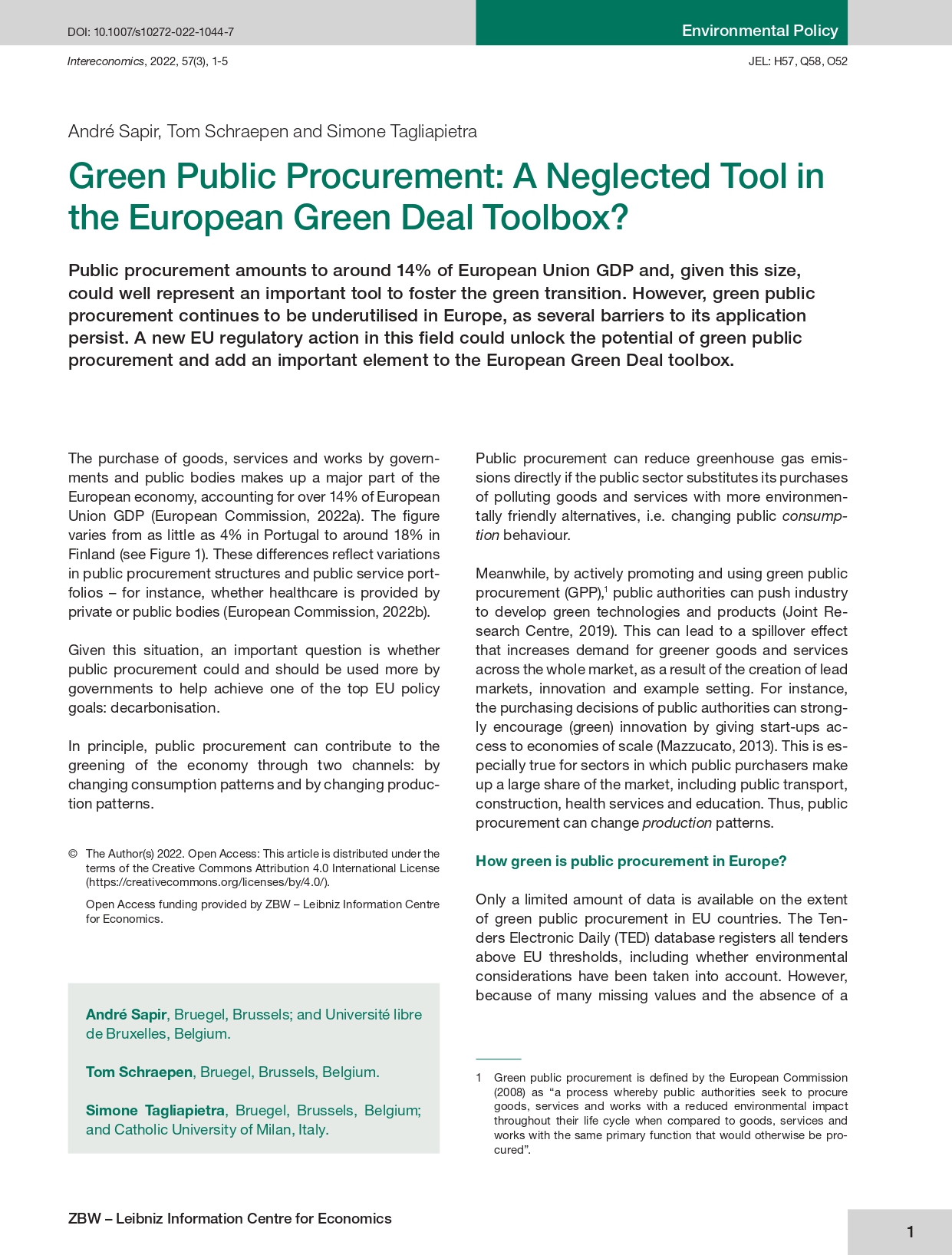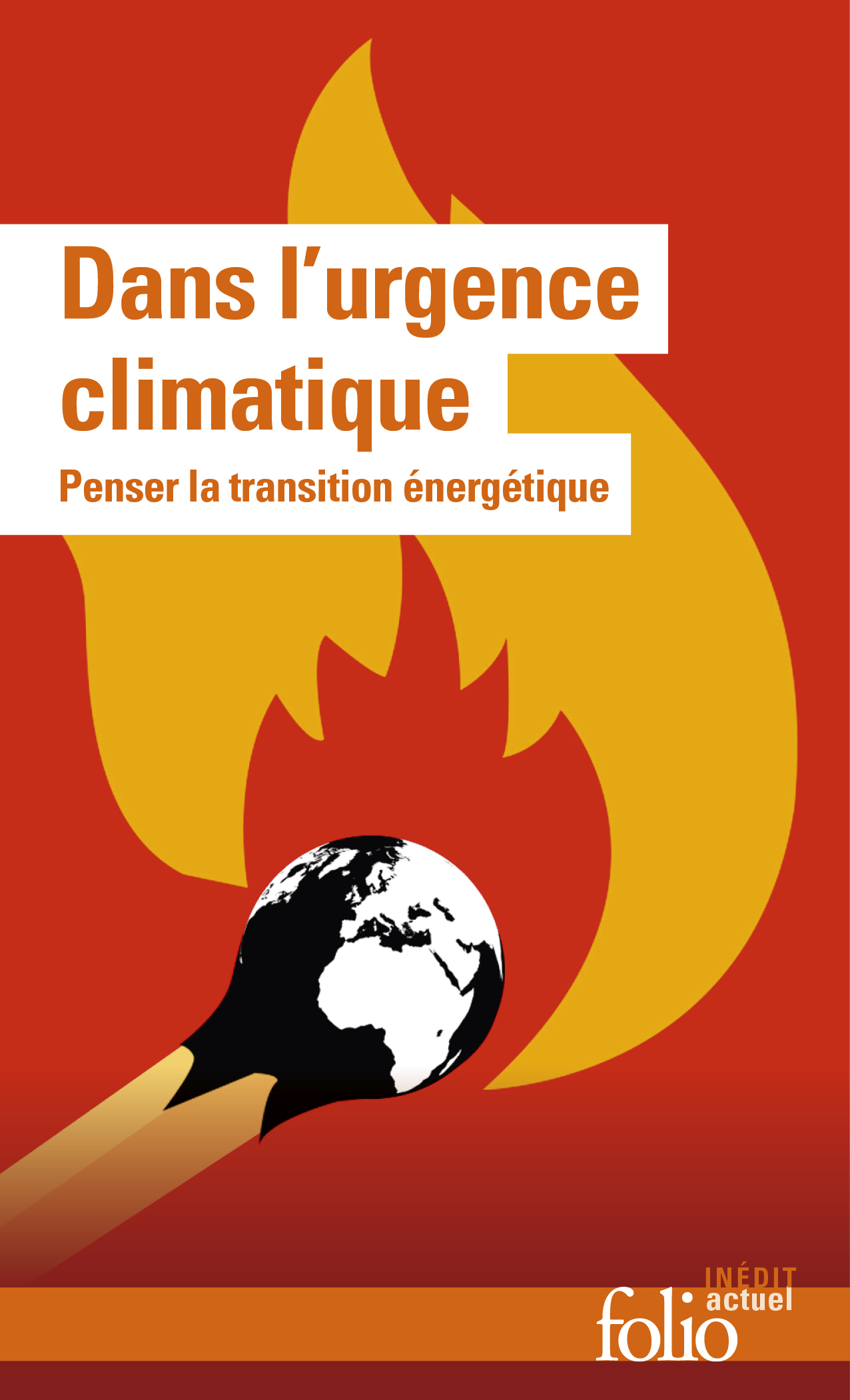Opinion
Scorching summers are becoming the new normal. Can Europe prepare itself?
This opinion was originally published in Le Monde, El Pais and Die Zeit. Summer in Europe has barely started, yet a blistering heatwave has already hit France this June, earlier than ever since the start of official records. Forest fires are raging in Spain, and Northern Italy is experiencing a record drought that is ruining […]
Summer in Europe has barely started, yet a blistering heatwave has already hit France this June, earlier than ever since the start of official records. Forest fires are raging in Spain, and Northern Italy is experiencing a record drought that is ruining crops. Even in January, hydropower plants had to be shut down due to a persistent lack of rainfall in Portugal.
Scientists say this is but a taste of what is to come in the next decades, even under the optimistic but increasingly unlikely scenario in which Europe and the rest of the world manage to become climate neutral around 2050. As global average temperatures continue to rise beyond the current 1.2°C above pre-industrial averages, Europe is likely to warm even faster. The consequences will differ across regions: simply put, southern countries will be more exposed to dangerous heat waves, droughts and forest fires, while other parts of Europe are expected to see more rainfall and inland floods. Rising sea levels will threaten coastal areas.
The socio-economic consequences of climate change, in the form of mortality, losses in agriculture and power generation, as well as damages from floods, are expected to be harshest around the Mediterranean, while Scandinavian countries could in fact enjoy mild net benefits due to increased power supply potential and agricultural yields. Moreover, higher temperatures may impact long term economic growth. As such, a new ‘climate divide’ may reinforce already existing fault lines between European countries.
Mitigating climate change is essential to avoid the worst outcomes, but societies will also have to adapt to what can no longer be avoided. Studies say that there are large returns to adaptation investments. Such investments include raising flood defences, creating cooling green areas in cities, adapting forest management and agriculture to hotter climates as well as supporting poorer households to invest in cooling. Adaptation investment needs per year are estimated to amount to between 0.2 and 3.5 percent of GDP in the EU.
So far, global adaptation efforts, including in Europe, are falling short. Competing spending priorities and limited means are part of the reason for this. But equally important, adequate adaptation planning and implementation require a lot of knowledge and expertise, which is not universally spread.
Pooling resources and knowledge among EU countries facilitates climate adaptation, despite the inherently local nature of adaptation actions. The EU already collects data on climate impacts through its Copernicus Earth Observation Programme and developing common tools to facilitate policy development by lower levels of government. The most visible EU ‘adaptation’ measure is perhaps the pooling of “response capacities” to help countries during emergencies, such as the fire fighters and planes that stand ready in Greece this summer, or funds for reconstruction after disasters have taken place.
EU adaptation policies are also needed because disasters and their prevention are often transnational. Rivers running through several countries have to be managed jointly during droughts or floods, for example. The EU already has some responsibilities in these policy areas e.g. in agriculture and rural development.
Three policy areas are crucial for the EU to better adapt to climate change. First, adaptation needs to cut across all EU policies, from financial regulation to research funding. As extreme weather events become more frequent, proper preparation is crucial and EU regulation therefore cannot ignore their potential effect.
Second, EU common agricultural and regional policy funds need to be reoriented to make Europe more climate stress resilient. Funds for regional cohesion could be particularly important in supporting regions most affected.
Third, Europe needs a simple insurance mechanism against major climate-changed induced catastrophes. Contributions to the insurance fund would depend on delivering of domestic climate adaption commitments, among other factors. This mechanism could help prioritise this spending instead of the weak and non-binding adaptation targets that currently are part of national adaptation plans.
The consequences of climate change and low adaptive capacity of countries will be felt inside of Europe and may well create a climate divide raising political tensions. Our three-step plan would alleviate some of the concerns and improve welfare of EU citizens. Beyond the EU’s borders, climate adaptation will also have to be supported and the EU could commit to adaptation finance in developing countries in its neighbourhood at November’s COP27 in Egypt. Despite all that is happening in the world, Europeans cannot afford to lose sight of the generational importance of climate change.
Republishing and referencing
Bruegel considers itself a public good and takes no institutional standpoint.
Due to copyright agreements we ask that you kindly email request to republish opinions that have appeared in print to [email protected].














